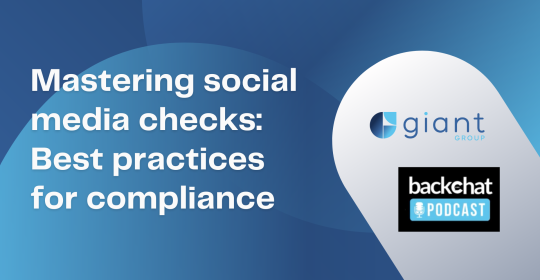However, the demand for experienced professionals is outpacing the availability of qualified talent, leading to poor employee satisfaction levels and decreased motivation.
It’s expected that nine out of ten organizations will suffer from trillions of dollars worth of delays due to IT skill shortages. Not to mention, emerging technologies like artificial intelligence (AI), data science, and the Internet of Things (IoT) have left businesses scrambling to find staff with the right expertise.
This skill gap is impacting everything from project timelines to innovation and competitiveness, making it essential that tech businesses rethink their hiring strategies.
Prioritizing Key Skills for Today’s Tech Industry
Some skills are more important than others in the tech industry. Software development is a foundational skill, however, expertise in areas like cybersecurity, data analytics, and cloud computing are equally important.
Cyberattacks are becoming more frequent (more than 2,000 in 2023) and sophisticated so businesses can no longer afford to neglect digital infrastructures.
During the hiring process, recruitment should look for employees who demonstrate not only technical prowess but also soft skills like problem-solving and adaptability.
Leveraging Technology in the Recruitment Process
As everyday operations integrate new technology, so should a business’ recruitment processes. AI-driven applicant tracking systems (ATS) are revolutionizing hiring by streamlining resume screening and identifying candidates who meet critical skill requirements.
Online coding challenges will help interviewers assess a candidate’s problem-solving abilities and programming capabilities in real time. This helps to provide you with a clearer picture of how they will perform on the job.
Looking Beyond Traditional Education
A formal degree is no longer the gold standard for talent since many successful developers and engineers are self-taught or have honed their skills elsewhere.
Employers should at the very least investigate candidates without traditional backgrounds since they could be a gold mine of personal experience. This is particularly common in sectors where a hands-on history is more valuable than academic credentials like hardware engineering.
Focusing on Specialized Skills in Hardware Development
Even though you’ve identified the most critical skills, some roles require a more niche repertoire.
For businesses focused on hardware development, PCB design is vital for creating and refining complex electronic components as IoT and wearable tech continue to grow. This ability ensures candidates can help your business innovate and push boundaries.
Retaining Top Talent and Reducing Turnover
Hiring the right talent is only half the battle – retaining them is altogether more difficult.
In a competitive market, companies must create a culture of continuous learning, offering opportunities for employees to upskill and grow. Providing competitive salaries, comprehensive benefits, and a strong work-life balance can also go a long way in reducing turnover.






